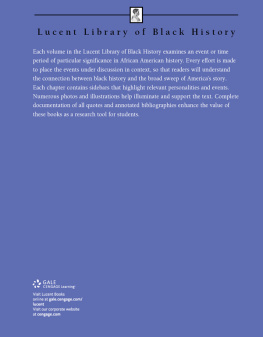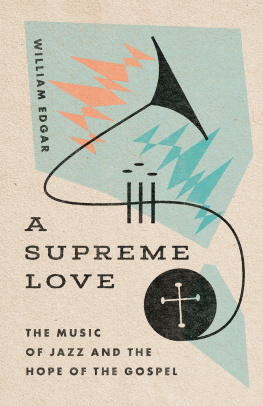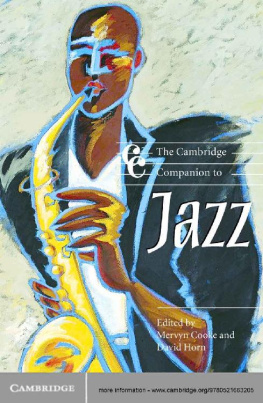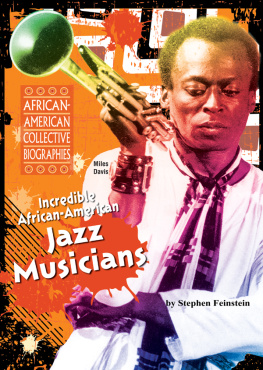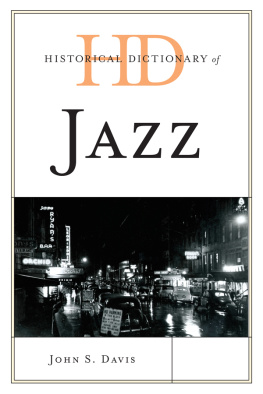ROTH FAMILY FOUNDATION
Music in America Imprint

Michael P. Roth
and Sukey Garcetti
have endowed this
imprint to honor the
memory of their parents,
Julia and Harry Roth,
whose deep love of music
they wish to share
with others.
The publisher gratefully acknowledges the generous support of the Music in America Endowment Fund of the University of California Press Foundation, which was established by a major gift from Sukey and Gil Garcetti, Michael P. Roth, and the Roth Family Foundation.
The publisher also gratefully acknowledges the generous suport of the Constance and William Withey Endowment Fund for History and Music of the UC Press Foundation.
Norman Granz
Norman Granz
The Man Who Used Jazz for Justice
Tad Hershorn
Foreword by Oscar Peterson

University of California Press, one of the most distinguished university presses in the United States, enriches lives around the world by advancing scholarship in the humanities, social sciences, and natural sciences. Its activities are supported by the UC Press Foundation and by philanthropic contributions from individuals and institutions. For more information, visit www.ucpress.edu .
University of California Press
Berkeley and Los Angeles, California
University of California Press, Ltd.
London, England
2011 by Tad Hershorn
Library of Congress Cataloging-in-Publication Data
Hershorn, Tad.
Norman Granz : the man who used jazz for justice /
Tad Hershorn ; foreword by Oscar Peterson.
p. cm.
Includes bibliographical references and index.
ISBN 978-0-520-26782-4 (cloth: alk. paper)
1. Granz, Norman, 19182001. 2. Impresarios
United StatesBiography. 3. JazzHistory and
criticism. I. Title.
ML429.G696H47 2011
781.65092dc22
[B]
2011011292
Manufactured in the United States of America
19 18 17 16 15 14 13 12 11 10
10 9 8 7 6 5 4 3 2 1
In keeping with a commitment to support environmentally responsible and sustainable printing practices, UC Press has printed this book on Rolland Enviro100, a 100% post-consumer fiber paper that is FSC certified, deinked, processed chlorine-free, and manufactured with renewable biogas energy. It is acid-free and EcoLogo certified.
This book is dedicated to my family:
Shel and Sonja Hershorn,
the memory of my mother, Connie Hershorn,
Pat, Cindy, and Jack Hershorn,
and Richard Trevor.
And in memory of Pete Cavello,
longtime road manager for JATP and Ella Fitzgerald,
who opened the door to this story thirty years ago.
Readers of this book are in his debt.
Also in memory of Archie Green,
Norman Granzs earliest mentor,
and, sixty-five years later, one of mine
Contents
Illustrations
Following
Foreword
I have a boundless love for and enduring remembrance of Norman Granz. I grieve to this day because of his absence from all of us, and most importantly (and selfishly) from me.
Norman Granz represents a truly unbridled and honest love for jazz. The world benefited tremendously from his recordings and concerts. But Norman should be noted not only for his great contribution to the jazz world musically but also for his unbiased treatment of the players, regardless of their racial background. He sanctioned his musical belief in jazz by hiring the people whose playing he admired, regardless of their race.
One of my foremost memories of this man I so revere was his fearless presentation of what he believed to be true jazz. He mixed everything from Italy to Africa to Jerusalem to Canada. His musical legacy to the world is the unbiased truth with which he presented truly talented jazz players, some of whom would not have reached the top of the mountain without his belief and help. His integrity, personally and musically, never wavered. He remained true always to jazz and would never compromise in his presentation of the best. He presented musicians and made recordings knowing that even though they would never bring financial gain, they were important musically.
To this day I also dont believe that Norman has been and is truly recognized for the great influence he had racially on people of that era. His dedication to and belief in equality caused him many moments of confrontation. He never wavered in standing up for his strong beliefs, even in the face of danger to himself.
I would like people to remember him as the most honest and musically upright impresario ever in the jazz field. He could not be bought or sidelined in his belief not only in musical elegance but also in racial equality. I shall always love him and respect him for the man he was and is, and for his truth, integrity, and deep friendship. God bless him, and may the world learn a lesson from him in truth and tolerance.
Oscar Peterson
August 2007
Prologue: I Made Things Work
The chartered bus carrying impresario Norman Granz and his Jazz at the Philharmonic troupe pulled into the parking lot of the Regent Restaurant in Jackson, Michigan, about sixty-five miles west of Detroit, with a couple of hours to spare before their appearance at the Jackson County Auditorium on Monday, October 6, 1947. Granz and JATP, as the national concert tours were already known by legions of fans, had been building a reputation for fiery jam sessions of all-star musicians in integrated settings since the concerts had begun in his hometown of Los Angeles in July 1944. The bus that night carried Granz, who emceed his shows, and a lineup including tenor saxophonists Coleman Hawkins and Flip Phillips, trumpeter Howard McGhee, trombonist Bill Harris, pianist Hank Jones, drummer J. C. Heard, and bassist Ray Brownall dressed in tuxedosas well as the equally resplendent former Count Basie singer Helen Humes.
What unfolded at the diner was vintage Granz. An increasingly vocal provocateur on the subject of racism, he had begun campaigning in 1947 for antisegregation contracts across the touring band circuit and without blinking had turned down $100,000 in bookings by promoters who could not abide his terms. As always, it was a headache (though one he gladly bore) finding hotels and restaurants that would accommodate the racially mixed group. Granz and company often operated from Detroits black Gotham Hotel as a temporary hub for concerts in neighboring cities as he strung together smaller dates across the country in between big paydays in the major cities.
Helen and I got off first, Granz recalled in 2000. The musicians wanted to put their instruments away. We went into the restaurant about 6:30. It was totally empty. The woman, wearing a typical black taffeta dress, rushed over and said, What can I do for you?
We came in to eat.
Do you have a reservation?
You have reservations here?
Yes, and if you dont have a reservation...
But youre empty!
Im sorry, you have to have a reservation.
They were still arguing when a white couple walked in. Granz asked them if they had a reservation. No, this restaurant doesnt give reservations.
Now will you give us a table?
No, you dont have a reservation, she said, showing the couple to a table.
Next page

